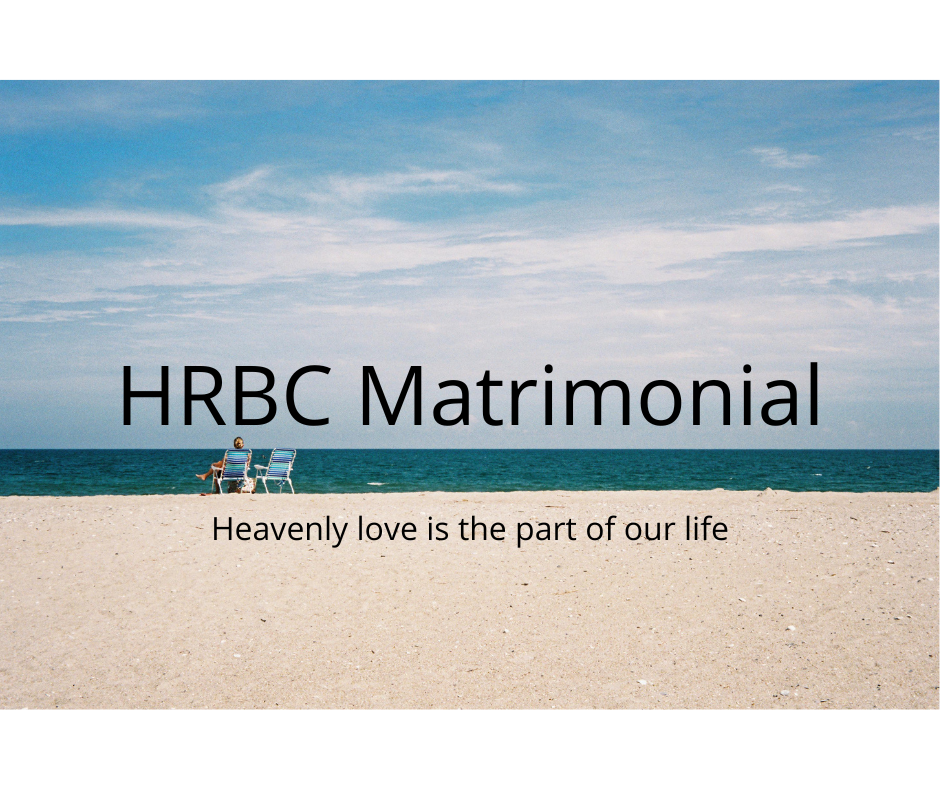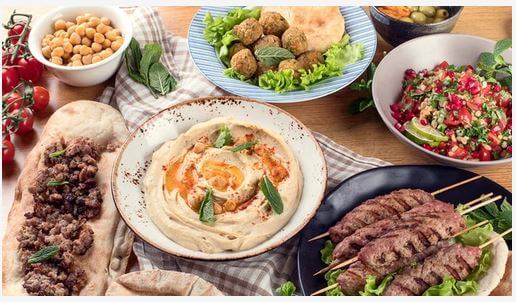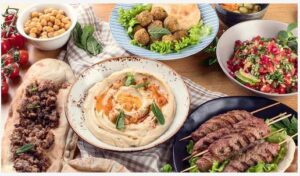বাংলাদেশে Itel it2165 মডেলটি একটি ফিচার ফোন, যা জুলাই ২০২৩ সালে মুক্তি পেয়েছিল। এই ফোনের আনুষ্ঠানিক মূল্য ছিল ১,০৩৯ টাকা, তবে বিভিন্ন বিক্রেতার কাছে এর মূল্য কিছুটা ভিন্ন হতে পারে। উদাহরণস্বরূপ:
- SmartView-এ মূল্য ছিল ১,০৫০ টাকা। smartview.com.bd
- GProjukti.com-এ মূল্য ছিল ৯৯০ টাকা।
- Padmazon.com.bd-এ মূল্য ছিল ৯৯০ টাকা।
তবে, Daraz.com.bd-তে মূল্য ছিল ১,০৯০ টাকা, যা বর্তমানে স্টকে নেই। Daraz+1smartview.com.bd+1
এছাড়াও, Bikroy.com-এ ব্যবহৃত অবস্থায় মূল্য ছিল ৮০০ টাকা, তবে এটি একটি ব্যবহৃত ফোন। Bikroy
সর্বোপরি, Itel it2165 ফিচার ফোনের মূল্য বাংলাদেশে প্রায় ৯০০ থেকে ১,১০০ টাকার মধ্যে পরিবর্তিত হয়, যা বিক্রেতা ও অবস্থার উপর নির্ভর করে।



